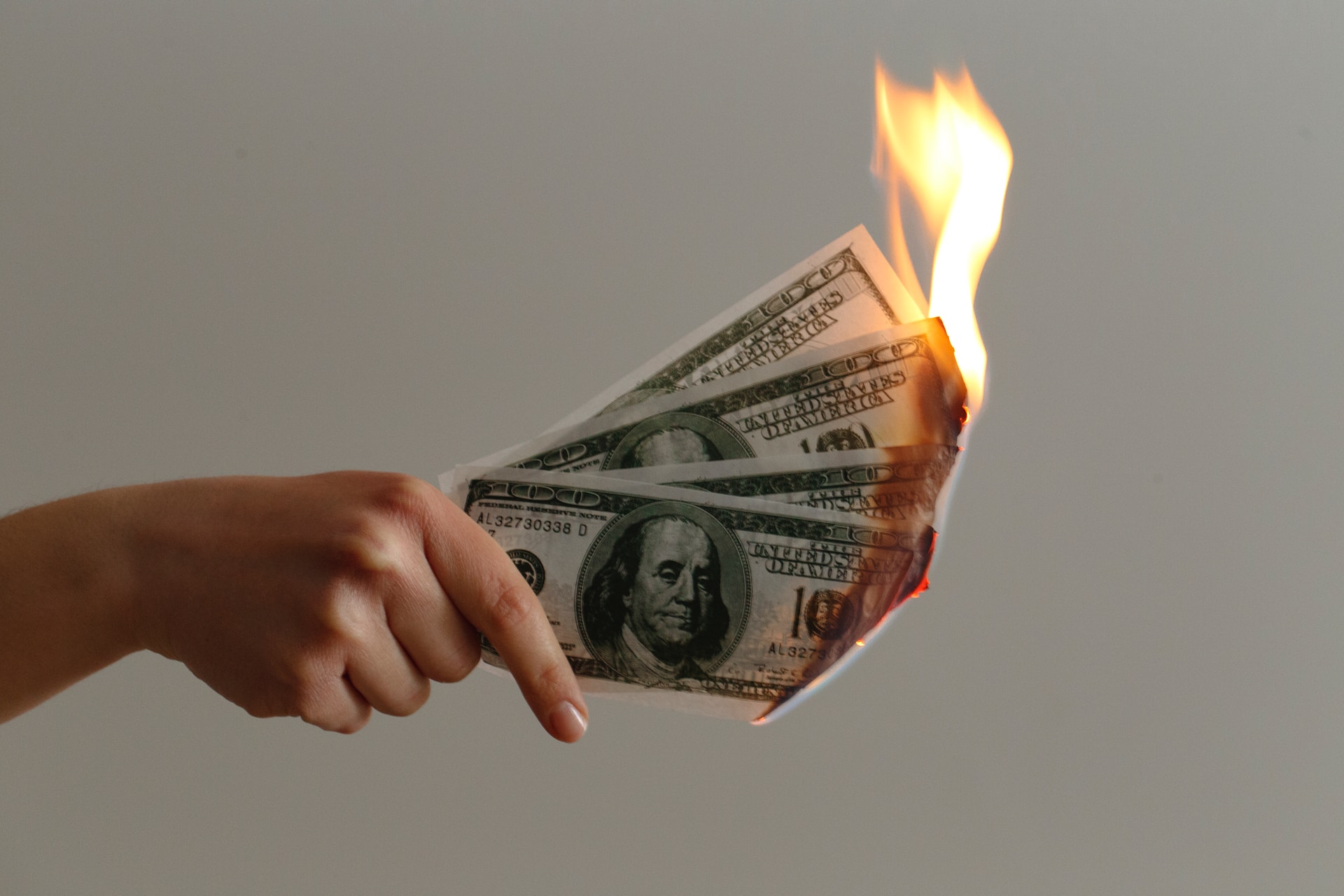The Psychology Behind the Lottery boom: Understanding the Factors Driving It’s Success in popularity

The lottery has experienced a significant boom in popularity over the years, captivating the minds and wallets of people around the world. Behind this phenomenon lie intriguing psychological factors that contribute to the lottery’s allure. In this article, we explore the underlying psychological drivers that fuel the lottery boom and shed light on why so many individuals are drawn to this game of chance.
The Illusion of Control:
One of the psychological factors driving the lottery boom is the illusion of control. Humans have a natural tendency to seek control over their lives and outcomes. When participating in the lottery, individuals have a sense of agency through choosing their numbers or selecting specific types of games. This illusion of control creates a feeling of empowerment and increases the perceived chances of winning, even though the outcome is ultimately random.
Availability Heuristic:
The availability heuristic is a cognitive bias that leads individuals to judge the likelihood of an event based on how easily they can recall or imagine it. The lottery, with its high visibility in the media, advertisements, and conversations, becomes readily available in people’s minds. This cognitive bias can lead individuals to overestimate their chances of winning and perceive the lottery as a more common and viable path to financial success.
Loss Aversion and Regret:
Loss aversion refers to the tendency for individuals to strongly prefer avoiding losses over acquiring equivalent gains. The fear of missing out or regretting not participating in the lottery drives many to buy tickets. The potential regret of not taking the chance on a life-altering jackpot outweighs the rational evaluation of the slim odds of winning.
Social Proof and Social Influence:
Social proof and social influence play a significant role in the lottery boom. When individuals observe friends, family, or colleagues participating in the lottery, it creates a sense of social proof that validates their own participation. The fear of being left out or missing a potential opportunity influences their decision to join in, leading to a snowball effect of increased participation.
Availability and Accessibility:
The availability and accessibility of the lottery have also contributed to its psychological allure. With numerous retailers, online platforms, and mobile applications offering easy access to lottery tickets, the barrier to participation is significantly reduced. The convenience factor, coupled with constant reminders and promotions, increases the likelihood of individuals engaging in lottery play.
The Dopamine Rush:
The anticipation and excitement surrounding the lottery draw can trigger a dopamine rush in the brain. Dopamine, a neurotransmitter associated with pleasure and reward, is released during moments of anticipation and can reinforce the desire to participate in the lottery. The potential for a massive financial reward further amplifies the dopamine response, making the lottery an enticing experience.
Hope and Belief in a Better Future:
The lottery boom can be attributed to the innate human desire for hope and a belief in a better future. Participating in the lottery symbolizes the pursuit of dreams, aspirations, and the hope for a life-changing event. The mere act of purchasing a ticket allows individuals to temporarily escape their current circumstances and believe that their lives can be transformed for the better.
Publicized Success Stories:
The media’s coverage of lottery winners and their success stories contributes to the lottery’s popularity. Human interest stories highlighting ordinary individuals who have won significant jackpots create a sense of possibility and inspire others to participate. These success stories serve as tangible evidence that winning is not only possible but that it can happen to anyone.
Conclusion:
The lottery boom is driven by a range of psychological factors that tap into fundamental human desires, including the illusion of control, the availability heuristic, optimism bias, escapism, and the fear of regret. The social aspects, availability, and accessibility of the lottery, coupled with the dopamine rush and hope for a better future, further contribute to its appeal. By understanding these psychological drivers, we can gain insight into why the lottery continues to captivate the masses and hold a prominent place in our collective consciousness.

